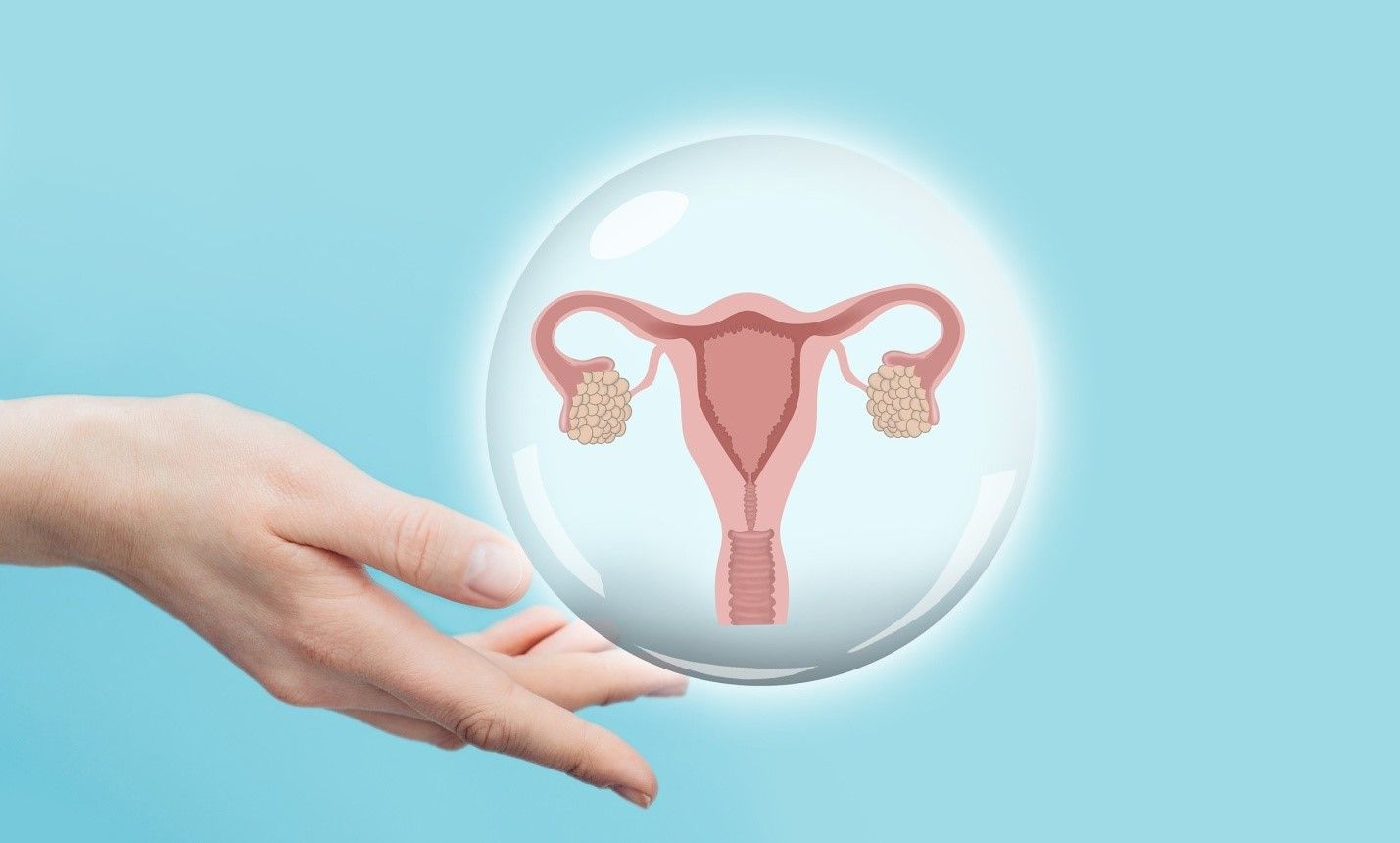
In recent years, artificial intelligence (AI) has emerged as a transformative force across various sectors, including healthcare. One of the most promising areas where AI is making a significant impact is in reproductive health for women. As technology continues to advance, AI offers innovative solutions to some of the most pressing challenges in women’s health, from diagnosis and treatment to personalized care and accessibility. This article explores how AI is enhancing reproductive health for women, focusing on its applications, benefits, and future potential.
Understanding Reproductive Health
Reproductive health encompasses a wide range of issues related to the reproductive system, including menstrual health, fertility, pregnancy, childbirth, and menopause. It also involves the prevention and treatment of sexually transmitted infections (STIs), access to contraception, and education about reproductive rights. Ensuring optimal reproductive health is crucial for the overall well-being of women, impacting their physical, mental, and social health.
The Role of AI in Reproductive Health
AI technology, which includes machine learning algorithms, natural language processing, and data analytics, is being leveraged to address various aspects of reproductive health. Here are some key areas where AI is making a difference:
1. Fertility and IVF Treatment
AI has shown significant promise in the field of fertility and in vitro fertilization (IVF). Machine learning algorithms can analyze vast amounts of data to predict the success rates of IVF treatments, helping doctors tailor treatments to individual patients. AI can also assist in selecting the best embryos for implantation by analyzing images and identifying subtle patterns that might be missed by the human eye, thereby increasing the chances of successful pregnancies.
2. Personalized Health Monitoring
Wearable technology and mobile apps powered by AI are revolutionizing how women monitor their reproductive health. These tools can track menstrual cycles, predict ovulation, and provide personalized insights into fertility windows. By analyzing patterns over time, AI can offer personalized recommendations and alerts, empowering women to make informed decisions about their reproductive health.
3. Early Detection of Reproductive Health Issues
AI is enhancing the early detection of reproductive health issues such as endometriosis, polycystic ovary syndrome (PCOS), and cervical cancer. Machine learning algorithms can analyze medical imaging and patient data to identify early signs of these conditions, often before symptoms become apparent. Early detection allows for timely intervention and treatment, improving outcomes for women.
4. Pregnancy and Childbirth
AI is also playing a critical role in monitoring pregnancies and improving childbirth outcomes. AI-powered tools can analyze data from prenatal visits, ultrasounds, and wearable devices to identify potential risks and complications. This enables healthcare providers to intervene early and provide personalized care, reducing the likelihood of adverse outcomes for both mothers and babies.
5. Mental Health Support
Reproductive health is closely linked to mental health, and AI is providing new avenues for support. AI-driven chatbots and virtual therapists offer accessible mental health resources for women experiencing issues related to reproductive health, such as postpartum depression or anxiety. These tools can provide immediate support and connect women with professional help when needed.

Benefits of AI in Reproductive Health
The integration of AI into reproductive health offers numerous benefits:
– Improved Accuracy: AI systems can process and analyze large datasets with high accuracy, reducing the likelihood of human error in diagnosis and treatment.
– Personalization: AI enables personalized healthcare by tailoring recommendations and treatments to individual needs, leading to better outcomes.
– Accessibility: AI-powered tools can increase access to reproductive health services, particularly in underserved or remote areas where healthcare resources are limited.
– Efficiency: Automating routine tasks and data analysis allows healthcare providers to focus on patient care, improving the overall efficiency of healthcare delivery.
Challenges and Considerations
Despite its potential, the use of AI in reproductive health also presents challenges. Privacy and data security are major concerns, as sensitive health data must be protected from breaches and misuse. Additionally, there is a need for rigorous validation of AI algorithms to ensure their reliability and effectiveness in clinical settings. Ethical considerations, such as bias in AI systems and informed consent, must also be addressed to ensure equitable access to AI-driven healthcare solutions.
The Future of AI in Reproductive Health
As AI technology continues to evolve, its applications in reproductive health are expected to expand. Future developments may include more sophisticated predictive models for reproductive health outcomes, advanced AI-driven diagnostics, and fully integrated AI systems in healthcare facilities. Collaborative efforts between technologists, healthcare providers, and policymakers will be essential to harness the full potential of AI while addressing the associated challenges.
Conclusion
AI is poised to revolutionize reproductive health for women by providing innovative solutions to longstanding challenges. From enhancing fertility treatments to improving early detection of health issues and offering personalized care, AI is empowering women to take control of their reproductive health. As we navigate the future of AI in healthcare, it is crucial to ensure that these technologies are developed and implemented with a focus on safety, accessibility, and equity. By doing so, AI can play a pivotal role in enhancing reproductive health and improving the quality of life for women worldwide.










